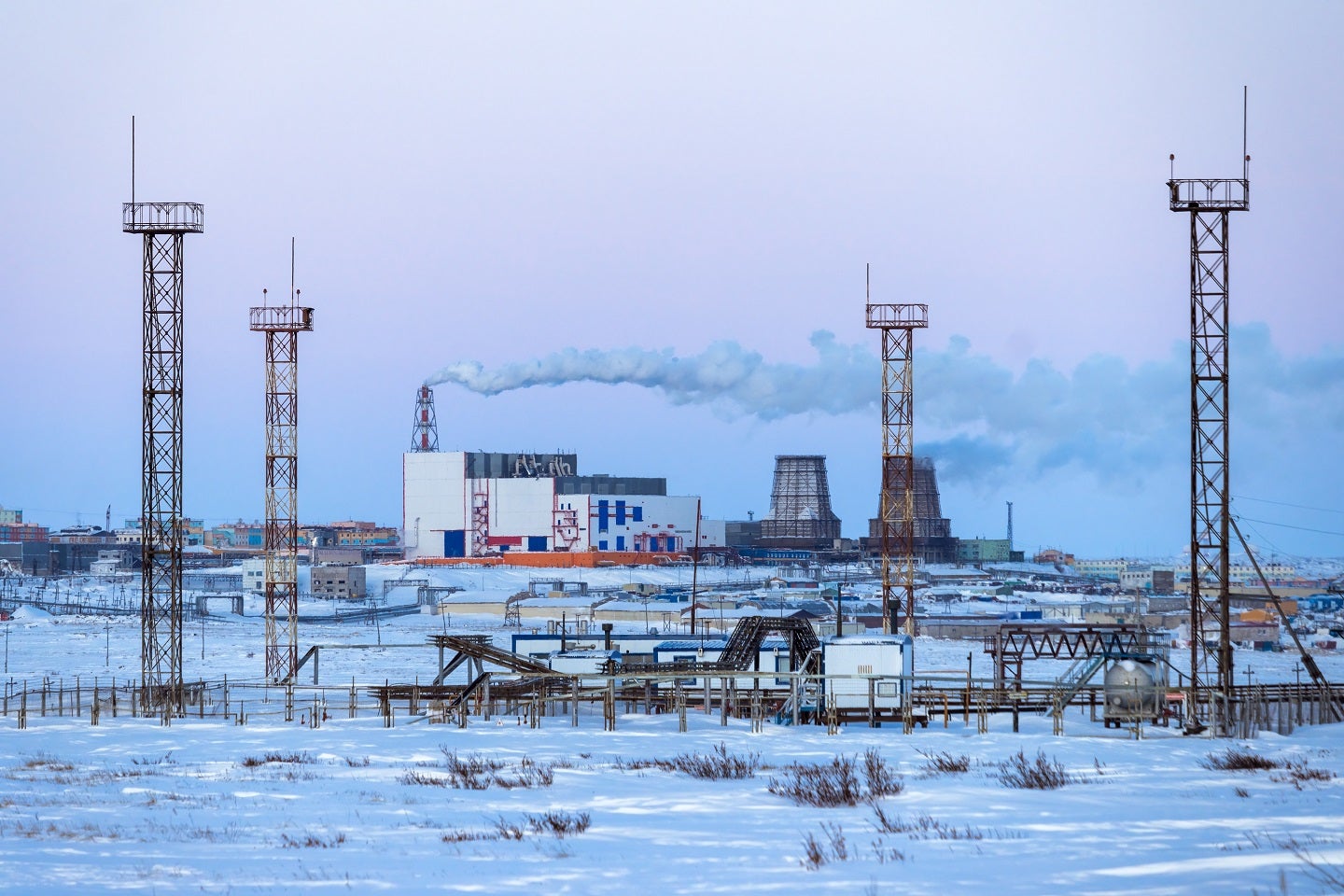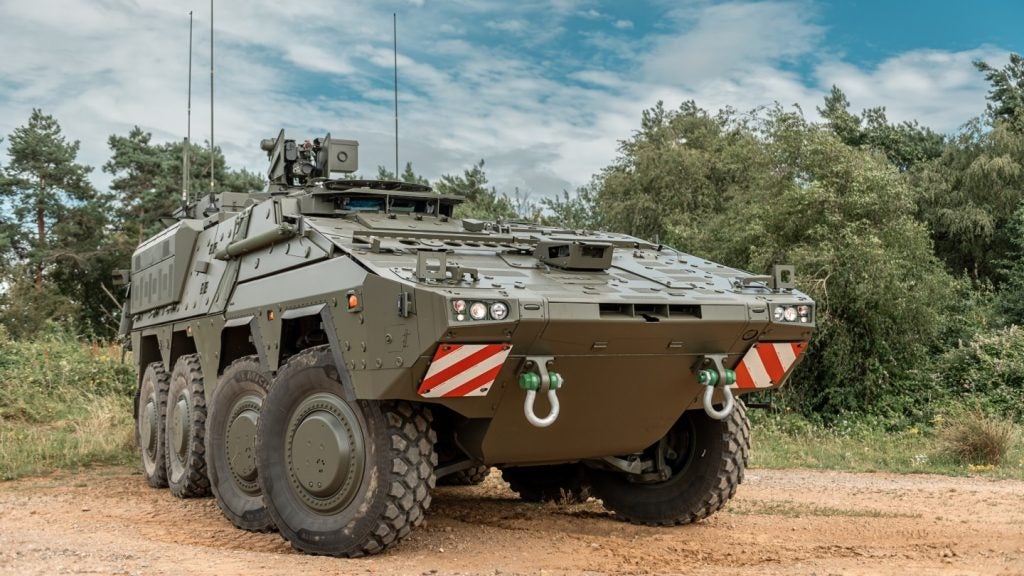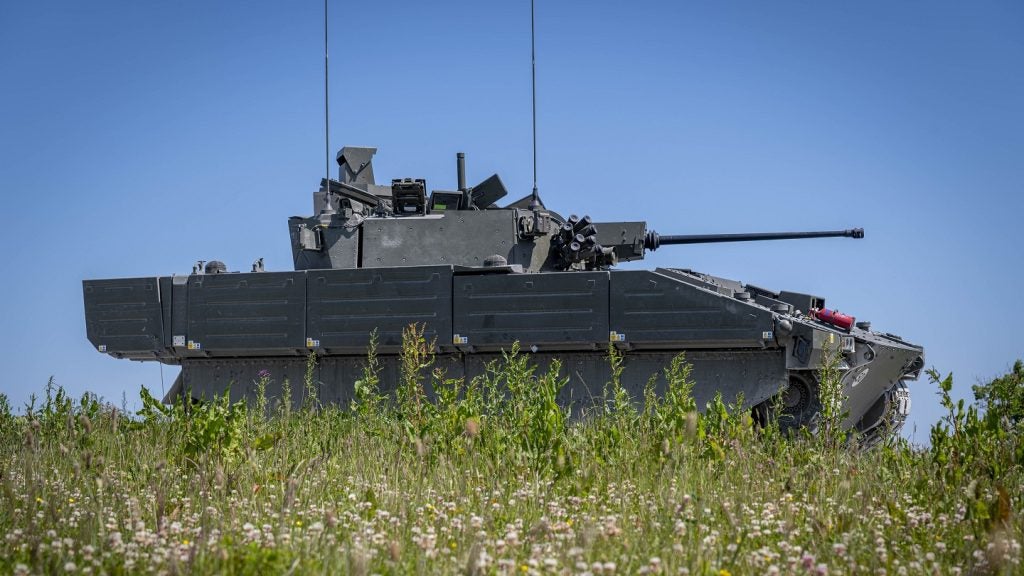
As the West continues its efforts to supply Ukraine with a wide range of military industrial resources from HIMARS to tanks, with long-term training for fighter jet pilots, Russia is beginning to fall behind with its own output.
The UK Ministry of Defence, in its latest intelligence update on the war, suggested that Russia’s military industrial output is “becoming a critical weakness” as “production is almost certainly falling short of Russian MoD’s demands”.
This is indicated by senior Russian officials calling for more progress in Russia’s defence industry.
Russian President Vladimir Putin had publicly admonished the Deputy Prime Minister Denis Manturov for “fooling around” with taking so long to secure civil and military aircraft contracts on 12 January.
GlobalData says that the largest percentage of Russia’s defence platform acquisition – 35.60% – goes toward military fixed-wing aircraft. So slow output in this area will prove consequential to Russian aerial presence over Ukraine.
As well as this, on 9 February, the former Russian President and Deputy Security Council Chairman Dmitry Medvedev called for an increase in tank production. This followed President Putin’s comments urging the defence industry to better support the “special military operation”.
A build-up of these detrimental incidents will worsen the shortage of industrial resources at a time in which a new Russian offensive is now attempting to push back west of the Donbas this month.
With the new offensive, the West’s sanctions will have a sharper effect on Russian industry.
GlobalData land domain analyst Tristan Sauer comments: “The expansion of western sanctions has started having a direct impact on the Russian defence industry’s capacity to meet the demands of high intensity warfare with high attrition rates for military assets.”
“Though many western companies had previously overlooked Russian efforts to circumvent defence sanctions through more legitimate business avenues, the severity of the western hemisphere’s reaction has cowed them into compliance,” Sauer adds.
Russia’s sustainable strategy breaks down
As we near the first anniversary of the start of the war, The Stimson Center held a panel discussion on the reflections of the conflict.
Professor of History at the Catholic University of America Michael Kimmage made the argument that so far Russia has maintained a “sustainable strategy”.
This involved keeping afloat by absorbing the West’s sanction impact with its alternative supply chains. They have been able to manouevre adequately, demonstrating their strategic depth of connections to the wider world.
But this has its limit. With Russia now seeking to reassert its foothold west of the Donbas in its latest offensive, they cannot sustainably maintain this strategy as its industrial output will increasingly fall short compared to Ukrainian resources, which are perpetually sustained by NATO countries.
Equally, it could be said that western countries are similarly facing a problem of diminishing war stocks. The transfer of arms to Ukraine has left nations with an ever-depleting supply of munitions, with the industry unable to restart or improve manufacturing at the rate needed.
Even the US, which has felt the biggest impact, is struggling as it is said that they cannot sustainably supply industrial resources to Ukraine alone. But this does not compare to the quality of Russia’s high intensity warfare capabilities.
Sauer also remarked that the sanctions against the Russian defence industry have led to its “lack of technical expertise and advanced infrastructure compared to western counterparts, forcing Russian defence firms to import both raw materials (i.e. carbon fibres and UHT materials) and advanced subcomponents (processors, microchips, optics) in order to support modernisation”.







